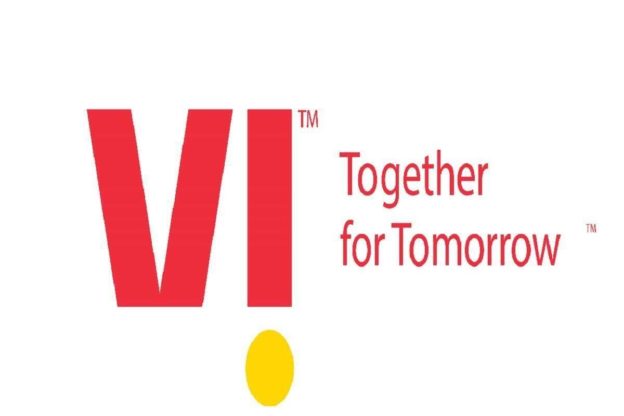India’s investment-lucrativeness is greatly dulled by it, telecom market and infrastructure will suffer if the firm exits
If there is a lesson for businessmen in the collapse of telecom major Vodafone-Idea, it is that they should tread carefully because there is no certainty that regulation will remain fair for all players. As they make investments, they must, at all times, be prepared to accept changes in the rules that could be completely arbitrary and could even favour the competition.
It is rough territory out there in which the government could disregard a Supreme Court verdict or an arbitration award elsewhere. And, therefore, it is critical to keep a war-chest ready for expensive and endless litigation.
As Deutsche Bank analysts wrote after the Supreme Court disallowed any re-visiting of telecom operators’ adjusted gross revenue (AGR) dues to the government, “this is the latest blow to operators in the most painful market we have come across to operate a telecom in. A long history of extracting as much as possible from the sector has left a legacy of repeated business failures…”.
Indeed, Vodafone-Idea’s near-bankruptcy—among the biggest in corporate history—is testimony to this, and it is surprising the promoters did not throw in the towel earlier, despite the pain heaped on them. Kumar Mangalam Birla has sought assistance from the government to help resuscitate the business and has offered his stake. Birla said effort were on to raise Rs 25,000 crore from potential investors to pay off statutory and regulatory dues but investors were hesitant in the absence of definitive steps on AGR dues, the moratorium on spectrum dues, and a floor-tariff regime.
This was on June 7, but, so far, there has been no word from the government on whether it intends to step in with a solution unless, of course, private conversations have been held. Since there is no white knight in sight—and it is unlikely there will be one—experts have suggested the debt be converted into equity shares, the company be nationalised and perhaps merged with BSNL and MTNL. It seems highly unlikely the government will nationalise the company. On balance, they would reckon it is better to give up the revenues than act politically incorrectly in bailing out a private sector player—one with a foreign promoter.
Vodafone-Idea’s exit will hurt the telecom market and infrastructure. While cheap tariffs were not going to last forever, a duopoly will leave consumers at the mercy of service providers for a product that is now almost as important as electricity.
As telecom expert Mahesh Uppal wrote in these pages, competition has delivered relatively low prices, advanced technologies, and an acceptable quality of services, but these gains are now at risk. Uppal also pointed out, there is a long way to go in expanding access as well as network capacity. Explaining that India’s large population and the almost exclusive reliance on wireless mobile technologies can confuse the analysis, he observed that while India is ranked second globally—after China—in the number of people connected to the internet, it is also first in the number of people unconnected. Over 50% of Indians are not connected to the Internet, despite giant strides in network reach and capacity.
Again, India tops aggregate mobile data usage, but its per capita or device data usage is low. India’ s rankings in the ease of doing business tables are already low, and they could get worse. As for the country’s reputation as an investment destination, it is in shreds.
https://www.financialexpress.com/opinion/voda-idea-collapse-a-warning-to-investors/2303619/







